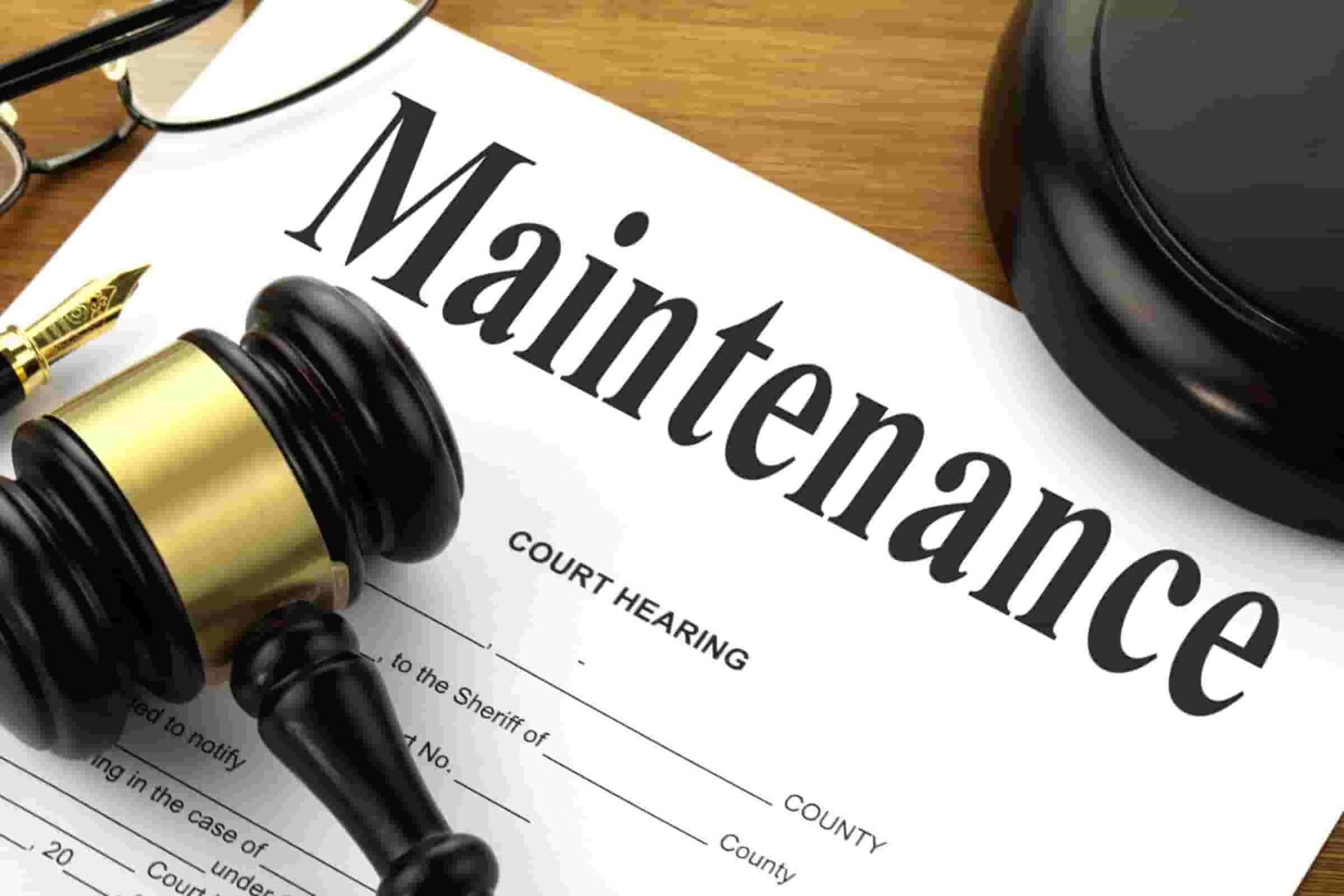“Unless there are special circumstances to take a different view, the parent who is denied custody of the child should have the right to talk to his/her child for 5-10 minutes every day,” the Court said.
A parent who has been denied custody of child should be allowed not just visitation rights but also be granted contact rights to stay in touch with the child, preferably via video call, the Tripura High Court recently said.
Children dragged into custody battles between estranged parents cannot be deprived of the love and affection of either parent, single-judge Justice Amarnath Goud opined.
Hence, even if a parent is denied custody, such a parent should be given “maximum” visitation rights as well as “contact rights” to stay in touch with the child, the Court said.
“In addition to ‘visitation rights’, ‘contact rights’ are also important for development of the child, especially in cases where both parents live in different States or countries. The concept of contact rights in the modern age would be contact by telephone, e-mail, or in fact, the best system of contact, if available between the parties should be video calling. The parent who is denied custody of the child should have the right to talk to his/her child for 5-10 minutes every day. This will help in maintaining and improving the bond between the child and the parent who is denied custody,” the judgment stated.
The High Court was hearing an appeal filed by a father against a Sessions Court verdict that had denied him custody of the child.
While dealing with the plea, the judge explained that a child’s psychological balance is deeply affected when parents separate. At such a stage, contact rights become as important as visitation rights, the Court observed.
The Court further opined that parents should not be relegated to being a ‘guest’ in the life of their child, whereby they are only allowed to visit the child for a couple of hours on certain days while under another’s supervision.
“This Court strongly believes that a parent cannot be a guest in the life of their child. If visitation rights only are granted for limited hours, it may not be sufficient for the child to have comfortable time with the father or mother, whoever may be the case … the separated parent ends up becoming a guest in the life of the child,” the judgment stated.
The Court added that measures such as overnight custody should be encouraged, wherever it is possible in a custody case.
“Mere meeting and spending time with the parent for couple of hours in court premises, hotel, theatre, mall, park etc. under the supervision of other parent or relative will not serve any purpose of visitation as the child will be under psychological pressure and will not be comfortable,” the Court pointed out.
The Court further reiterated that the welfare of the child would remain the crucial consideration for courts in divorce and custody cases.
“Divorce and custody battles can become quagmire and it is heart wrenching to see that the innocent child is the ultimate sufferer who gets caught up in the legal and psychological battle between the parents,” Justice Goud added.
The judge also acknowledged that during divorce and custody battles, both parents may try to present the other as the villain. The Courts must be wary of this tendency, the judge observed.
“The child is the victim in custody battles … the parents who otherwise love their child, present a picture as if the other spouse is a villain and he or she alone is entitled to the custody of the child,” he said.
With regard to the present case, the Court ultimately passed a series of directions to ensure that the child spends time with both her parents.
The father was given custody on weekdays and the mother was given custody on weekends. For holidays and occasions like birthdays, the parents were requested to decide on joint meetings.



